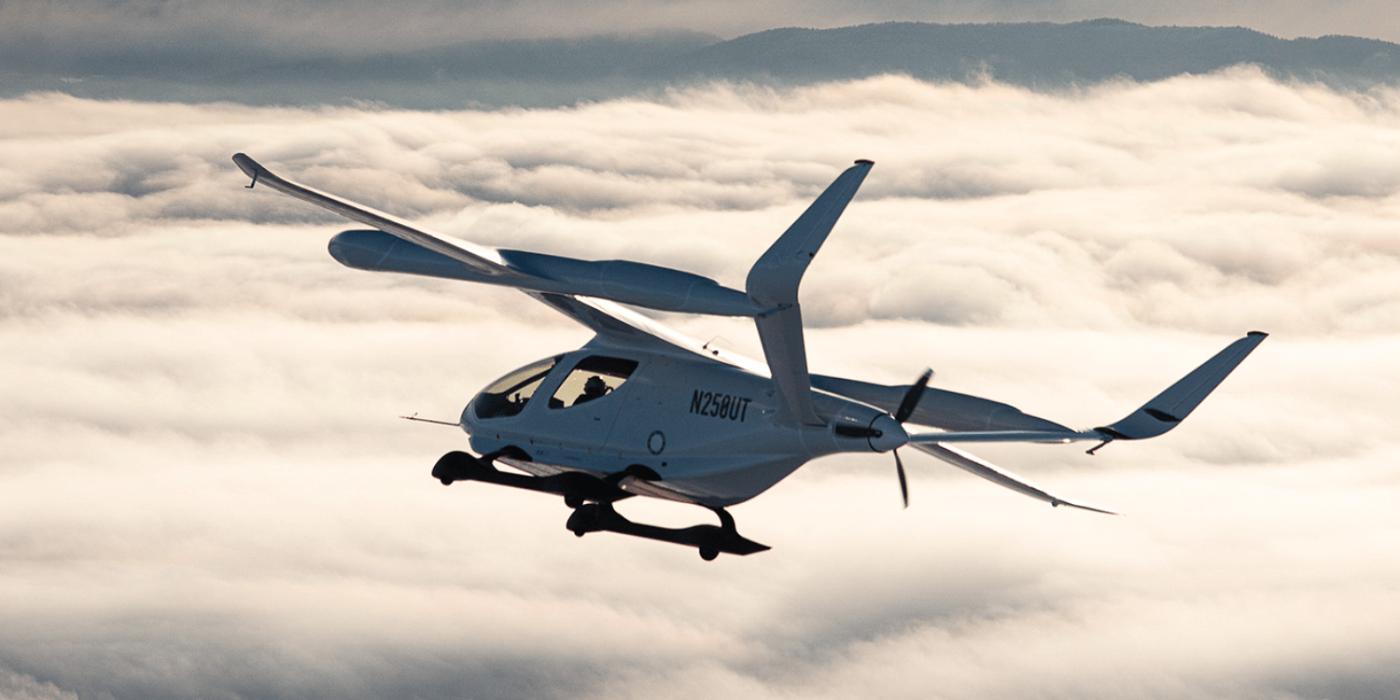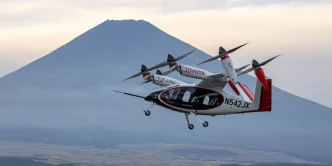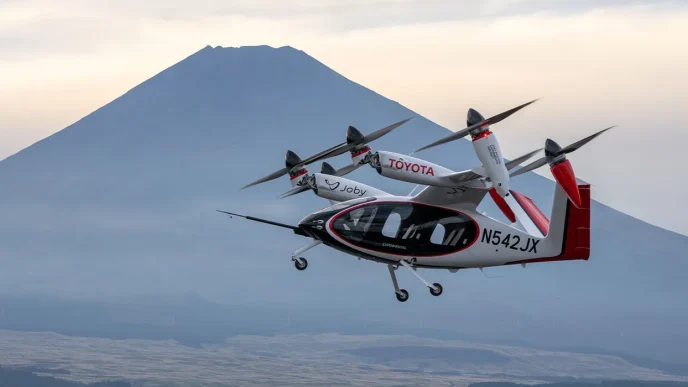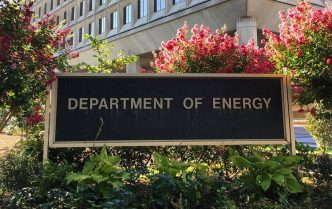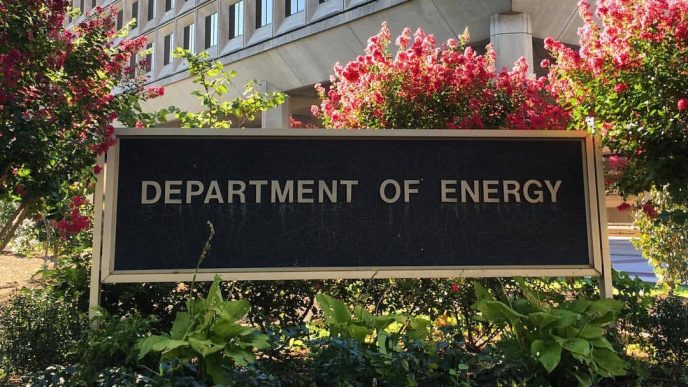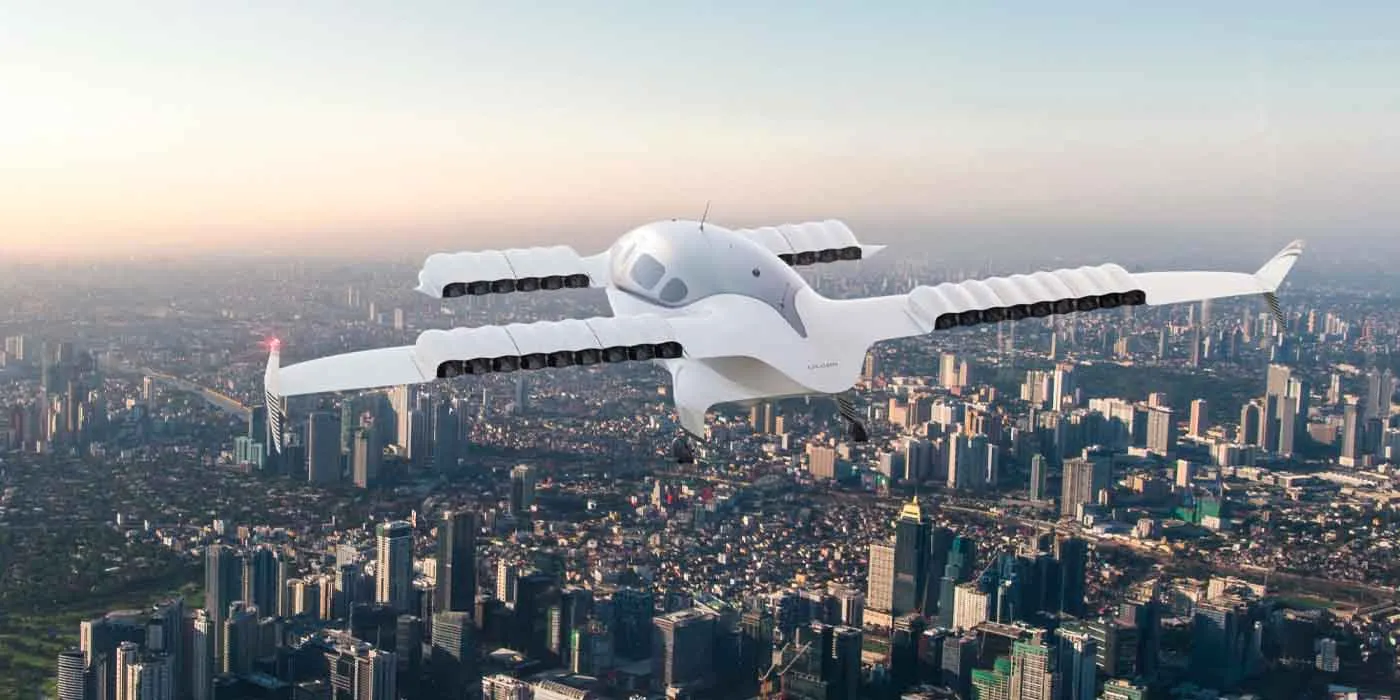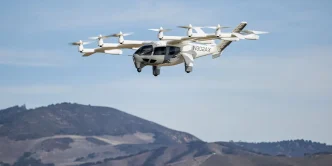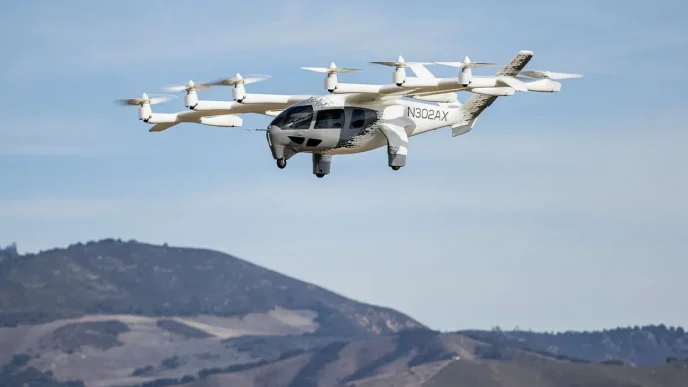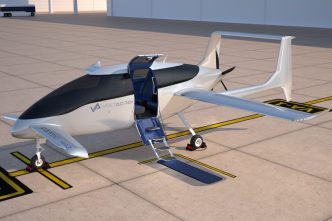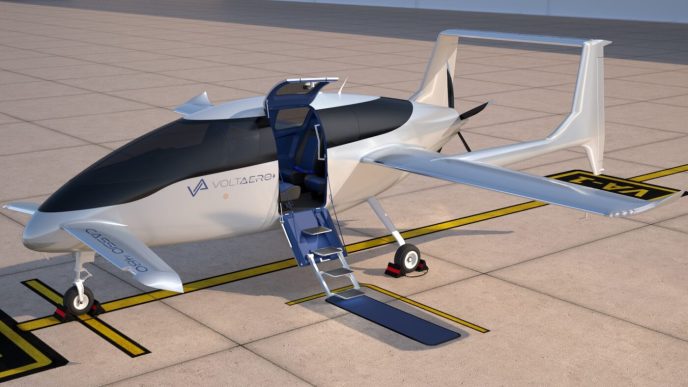US-based Beta Technologies, a developer of electric aircraft for passenger and freight transport, has announced a successful financing round totaling $318 million. The Qatar Investment Authority (QIA), the sovereign wealth fund of the State of Qatar, was the lead investor in this funding round.
In addition to QIA, several of Beta’s major shareholders, including Fidelity Management & Research Company and TPG Rise Climate, have increased their investments in the company. Long-time customer United Therapeutics also participated in the Series C financing round, contributing to Beta’s total capital raised, which now exceeds $1 billion across all funding rounds. The company plans to utilize the new funds to advance the certification processes for its electric aircraft and electric motors.
Kyle Clark, Founder and CEO of Beta, commented on the significance of the investment: “This investment validates progress and milestones toward commercializing electric aviation. For years, we’ve flown across the country and deployed with partners to prove the safety and reliability of our aircraft and chargers. Now, we’re beginning to produce products for our customers. This continued belief and trust in this team and our vision will be good for the investors and good for the world. We are grateful for their shared vision.”
Mohammed Al-Sowaidi, Chief Investment Officer for Americas at QIA, emphasized the strategic alignment of their investment: “At QIA, we seek out companies that are well-positioned to become category leaders by addressing critical challenges with innovative solutions. Beta is a leader in the electric aviation market, and our participation in this funding round is fully aligned with QIA’s efforts to invest in the companies that are making the energy transition a reality.”
Currently, Beta Technologies is pursuing certification from the Federal Aviation Administration (FAA) for two variants of its all-electric aircraft: the ALIA CTOL, which operates like a conventional aircraft using a runway, and the ALIA VTOL, capable of vertical takeoff and landing without a runway. The company aims to certify both cargo and passenger configurations for these aircraft to serve commercial and military customers. Additionally, Beta has developed interoperable charging systems compatible with its aircraft and those of competitors.
In late 2023, Beta opened a nearly 200,000-square-meter production facility, where production of its electric aircraft has already commenced, with initial deliveries expected in the coming months. The first aircraft are slated for customers including Air New Zealand, UPS, United Therapeutics, Blade Urban Air Mobility, Bristow, Helijet, LCI, as well as the US Air Force and US Army. The factory has the capacity to produce up to 300 aircraft per year, and production rates are projected to increase over the next 18 to 24 months.
The vertical takeoff and landing electric aircraft (eVTOL) market is anticipated to grow significantly, particularly with applications in flying taxis. While Beta celebrates its new funding, its German competitor Lilium recently filed for insolvency after the German Federal Government opted against providing state aid.

